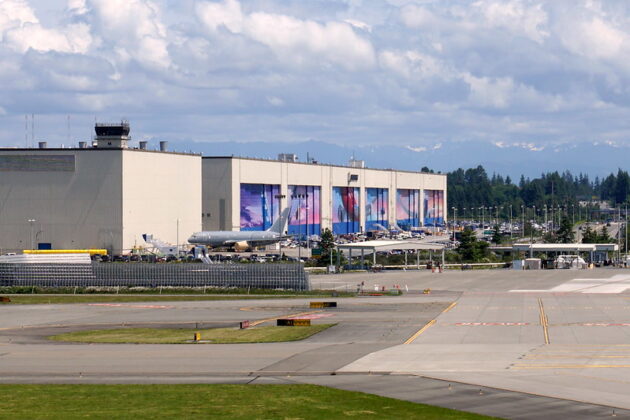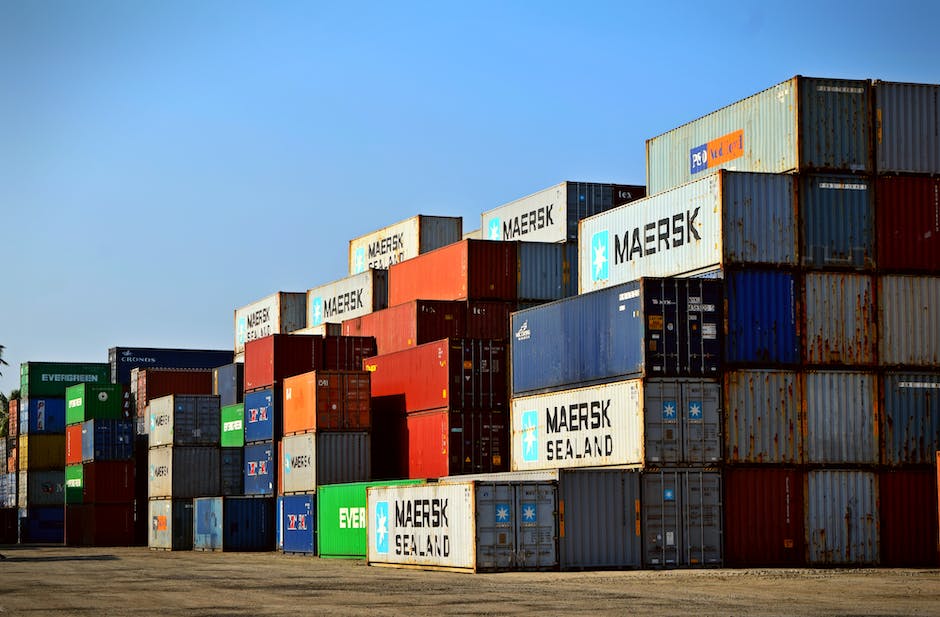[ad_1]

Washington state wants to create a “world leading” research and development center focused on low-carbon, sustainable aviation fuels. The facility is planned for Snohomish County’s Paine Field — Boeing’s historic home and a hub for low-carbon aerospace startups including ZeroAvia and MagniX.
Snohomish County Executive Dave Somers on Tuesday announced plans for the center, which would be built in partnership with Washington State University. Sen. Marko Liias and Rep. Brandy Donaghy, both leaders from the county, are calling for $6.5 million in the state’s transportation budget to get the project rolling.
“We have been at the forefront of the aviation industry for decades and this will now put us in a place to lead the world in shaping the future of clean aviation,” said Liias, chair of the Washington State Senate Transportation Committee.
WSU has a Bioproducts, Science, and Engineering Laboratory at its Tri-Cities campus. One of the focal areas for the lab is biofuels, which includes sustainable aviation fuels.
The center would feature:
- the world’s first repository of the fuels made by commercial and experimental facilities, which will provide reference samples internationally to support research;
- testing of samples at large scales to ensure their safety and help commercialize the fuels;
- and research on sample fuels to reduce the cost of production and to minimize their impact on human health and the environment.
The state’s Legislature is likely to vote on the transportation budget in the next few weeks. Plans for the center could be completed this September.
Sustainable aviation fuels are being sought as a climate solution because they have a smaller carbon footprints than conventional fossil fuels used to power planes. They are made from materials including waste cooking oils, woody debris, manure, algae and crops.
One of sustainable aviation fuel’s biggest selling points is the fuel can replace jet fuel in existing aircraft, making it a quicker way to cut carbon emissions from flights. Other clean aviation strategies such as electric- or hydrogen-powered aircraft are still being developed and approved by regulators, and the aircraft in the works are smaller planes — not transcontinental jets.
Many Washington state companies and institutions have taken steps to support the plant-based fuels.
In February, Boeing announced it was doubling its purchase of the sustainable fuel for 2023 compared to the previous year. The aerospace giant is buying 5.6 million gallons of the fuel, which is blended in a 30/70 ratio with conventional jet fuel. Neste, whose headquarters are in Finland, is largest global producer of sustainable aviation fuel.
Seattle-based Alaska Airlines announced a program in August allowing corporate customers to pay for sustainable fuel credits to reduce their carbon emissions. The program is a partnership with WSU, Boeing and Microsoft and builds on a 2020 arrangement between the commercial airline and software company.
The key challenges with sustainable aviation fuel as a climate solution is it’s expensive to make and in very short supply compared to demand. Sustainable aviation fuel totals less than 0.1% of jet fuel used worldwide. That amount is predicted to increase to only 4% in 2030, according to BloombergNEF, rising to 6% by mid-century.
[ad_2]
Source link
















